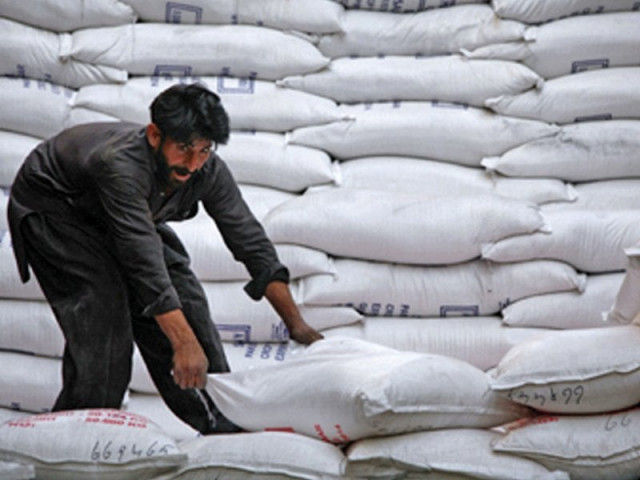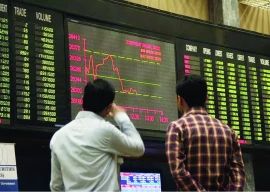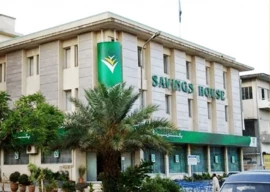
As international sanctions against Iran’s nuclear programme have disrupted trade financing mechanisms, Pakistan has decided to ship wheat to Tehran for clearing unpaid bills for electricity and iron ore.
The federal government has asked state-owned Pakistan Agriculture Storage and Services Corporation (Passco) to supply 100,000 tons of wheat to Iran.
The decision was taken last week during a meeting, chaired by Finance Minister Dr Abdul Hafeez Shaikh, according to officials. Representatives of the State Bank of Pakistan also attended the meeting.
Iran is pressing Pakistan to clear payments for electricity and iron ore supply. An amount of $48 million is due on account of electricity import and a same amount will be added to this in the next quarter, officials say.
In addition to this, Pakistan Steel Mills, which heavily relies on Iranian iron and ore, owes $15 million to Tehran for import of these commodities.
The meeting also discussed ways to find alternative financing mechanisms after the banking sector refused to accept Iranian letters of credit. Officials of the federal government asked central bank officers to evaluate various possibilities in order to avoid international sanctions while at the same time continuing trade with Tehran.

Ores and concentrates of iron are major imports of Pakistan, valuing over $50 million annually. Bilateral trade, which is already far below the potential, has been adversely affected by international sanctions. Trade volume stands below $800 million a year and two-thirds it is in favour of Iran.
Both the countries have already decided to use the option of barter trade for enhancing bilateral trade as sanctions slapped by the United Nations and United States hamper financing arrangements. Restrictions imposed by the UN and US on Iranian banks have hit hard the trade as Pakistani banks no more accept letters of credit issued by Iranian banks.
Initially, Pakistan had decided to trade wheat for fertiliser, but so far the two sides have not been able to reach an agreement on fertiliser prices. Sale price for wheat had been agreed at $300 per ton in August last year, below prevailing international prices of $320 to $325 per ton. The government is eager to sell one million tons of wheat to Tehran, out of the stocks held by Passco.
Pakistan’s position on trade with Iran in the face of international sanctions has remained uncertain. President Asif Ali Zardari recently cancelled his visit to Tehran at the eleventh hour apparently under American pressure. During the visit, both sides were scheduled to sign financing arrangements for the much-delayed multi-billion-dollar Iran-Pakistan gas pipeline.
Similarly, Finance Minister Shaikh did not sit publicly with the Iranian vice president, fearing American backlash. This led to postponement of the vice president’s visit, planned for the first week of November last year.
Published in The Express Tribune, January 15th, 2013.
Like Business on Facebook to stay informed and join in the conversation.
















COMMENTS
Comments are moderated and generally will be posted if they are on-topic and not abusive.
For more information, please see our Comments FAQ